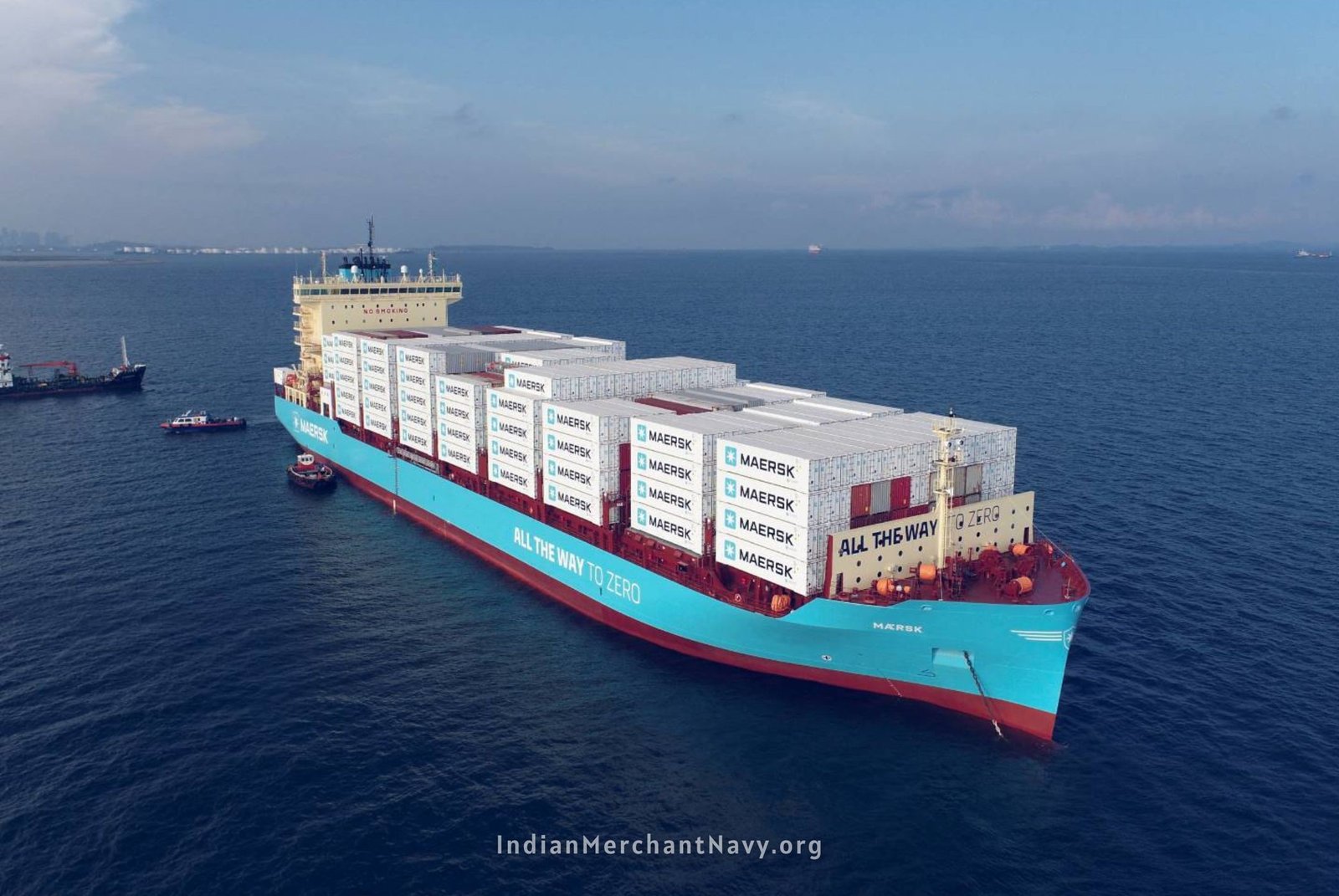Why Ship owners choose a Ship Management Company to operate their Ships?
Ship owners choose Ship Management Companies to operate their ships because these companies offer a range of benefits and services that make ship management more efficient and cost-effective.
Ship management involves complex tasks such as maintenance, crew management, loading/unloading, insurance, and compliance with regulations. Ship Management Companies handle these responsibilities, saving time and resources for ship owners.
They provide services like machinery maintenance, crew management, loading/unloading arrangements, negotiating contracts, handling insurance, and managing expenses on behalf of the owner. By partnering with Ship Management Companies, ship owners can ensure that their vessels are well-maintained, operated efficiently, comply with regulations, and benefit from the expertise and resources of these specialized firms.
To cut the Long story Short, Ship owners choose to hire a Ship Management Company to operate their Ships for several reasons:
- Expertise: Ship management companies specialize in the operational and technical aspects of running ships. They have the expertise and experience to ensure that vessels are operated efficiently and safely.
- Cost-Effectiveness: Outsourcing ship management can be more cost-effective for ship owners, as they avoid the need to maintain a dedicated in-house management team and infrastructure.
- Regulatory Compliance: Ship management companies stay updated with the latest regulations and industry standards. They ensure that vessels comply with all relevant laws and regulations.
- Efficiency: Ship management companies can streamline operations, optimize maintenance schedules, and improve overall efficiency, leading to cost savings and better performance.
- Focus on Core Business: By outsourcing ship management, owners can focus on their core business activities, such as acquiring new vessels or expanding their fleet, without being bogged down by day-to-day operational issues.
- Risk Management: Ship management companies can help manage risks associated with vessel operations, such as crew management, maintenance, and safety, reducing the owner’s exposure to potential liabilities.
The Long Story, Reason behind Ship owners choosing a Ship Management Company

Originally they didn’t, ships were often family owned and private investor funded. Then as the fleets grew the banks got involved, and that was fine… Most ships today are on a mortgage to a bank, just like houses and aircraft (they are simply too expensive to cash buy then run in any number).
So, all was fine until a series of shipping crunches a few decades ago led to a number of owner/operators losing liquidity and the banks taking repossession of the mortgaged assets (the ships). What do banks know about running a ship? You guessed it, very little. So the banks found themselves overnight ship owner/operators and the professional ship manager was born to run these new assets for the banks.
Crewing, Technical and Commercial operations are not the same beast, and so time has created various ship management options out there, Crewing Managers who ensure ships have crews, Technical Managers who ensure the machinery and related aspects work, and Commercial Managers who find cargo for the ships.
Of course some managers offer a range of services, meaning the true owner can just sit back, and that may suit some owners, especially asset players who only wish to hold the ship long enough to sell at a profit (some shipyards do this for example, build a ship then trade it until they can sell it), and on the other end some family businesses like to keep it all in house (a common thing to see in say Taiwan, or Greece).
The advantages are basically cost and scale related. Do you operate these departments in house and maintain the infrastructure yourself to do that (skilled people, insurance, offices, etc) or do you focus on a core area such as say, Commercial Management in house.
This last option is popular with companies that see themselves as traders rather than ship owners, and provides the flexibility to scale up and down their ship tonnage more easily to meet market needs. A lot of tonnage these days is rented on some form of ‘time charter’, not actually owned – although a large number of owned ships do still exist of course.
Finding people with the right skills to manage a ship is not as easy as it sounds, especially when modern shipping costs and crewing arrangements can strip a country of citizens with such knowledge. That’s been a real problem for some flag nations, not only retaining managers but even finding crews in the first place. Fewer national crews lead to fewer viable managers further down the road. It’s a vicious cycle.
To make matters worse, in the ship management industry times are tough and profit margins can be slim, leading to closures, mergers and even some becoming owners themselves in order to evolve.
Sort of ironic that last one, the wheel it seems has come full circle there…
So, in summary we can say that sometimes (not always), Ship Management Company:
- Can provide missing in-house expertise
- Allow flexibility to scale up or down without huge commitments
- Have access to wider networks of local contacts and support
- Can speak the same language as your (now) foreign crew
- Can provide reduced purchase costs for fuel and other consumables through large scale contracts (they represent a number of ships and owners after all)
- Can provide a measure of anonymity to ‘shy’ owners
A number of owners do keep it all still ‘in house’ very successfully however, so it’s absolutely not the case you need a third party manager. But in certain circumstances they bring a benefit.
